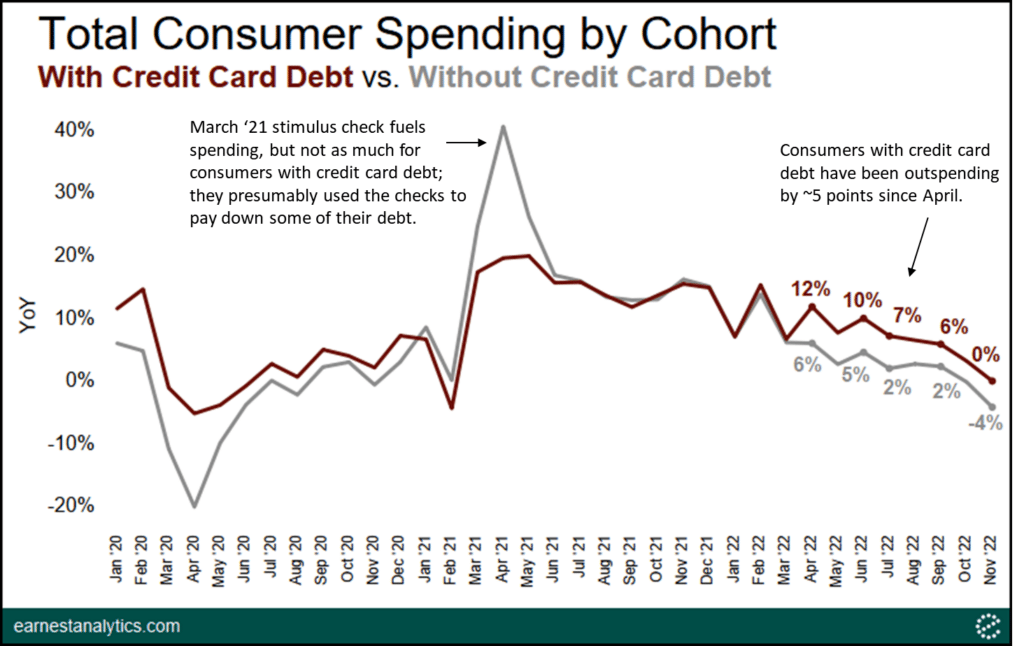$16 Million Fine For T-Mobile: Three Years Of Unreported Data Breaches

Table of Contents
The Extent of T-Mobile's Data Breaches: A Three-Year Timeline
T-Mobile's failure to adequately address and report data breaches wasn't a single incident; it was a prolonged lapse in data security spanning several years. This extended period of vulnerability allowed for the compromise of a significant amount of sensitive customer data, highlighting a systemic failure within their cybersecurity protocols.
- 2020-2023: A series of unreported security incidents resulted in the unauthorized access of customer data. The exact nature of these breaches remained largely undisclosed until the regulatory investigation.
- Types of Data Compromised: The breaches involved various types of sensitive personal data, including personal identifying information (PII), financial data, and potentially other confidential customer details. The precise extent of the data compromised remains subject to ongoing investigations and legal proceedings. This highlights the critical need for robust data classification and access control policies.
- Key Dates and Events: While specific dates for each breach remain partially undisclosed due to ongoing litigation, the timeline points to a consistent pattern of inadequate security measures and delayed reporting, significantly impacting the overall data security posture. This lack of transparency further compounded the problem and hindered effective remediation efforts.
Regulatory Response and the $16 Million Fine
The Federal Communications Commission (FCC) imposed the $16 million fine on T-Mobile for violating its reporting obligations under the Communications Act. The FCC cited T-Mobile's failure to promptly report multiple cybersecurity incidents as the primary reason for the penalty.
- Specific Violations: The violations included a failure to timely report significant cybersecurity incidents as mandated by FCC regulations. This demonstrates the importance of proactive compliance and the establishment of robust reporting procedures.
- Factors Determining the Fine: The amount of the fine reflects the severity of the breaches, the duration of the non-compliance, and the potential harm to consumers. The lack of transparency also played a significant role in the amount of the fine.
- Relevant Legislation: The FCC’s action underscores the serious consequences of non-compliance with data security regulations and highlights the growing importance of data protection laws in the digital landscape.
Impact on Consumers and T-Mobile's Reputation
The T-Mobile data breach has far-reaching consequences for both consumers and the company's reputation. Affected consumers face the risk of identity theft, financial fraud, and other serious harms.
- Potential Harm to Consumers: The exposure of personal and financial data puts consumers at significant risk of identity theft, fraudulent transactions, and other forms of financial and emotional distress.
- Reputational Damage: The breach has severely damaged T-Mobile's reputation and eroded consumer trust in the company's ability to safeguard customer data. This negative publicity can translate to substantial financial losses and difficulties in retaining existing and acquiring new customers.
- Legal Ramifications: The breach led to numerous consumer complaints and potentially class-action lawsuits, further impacting the company’s financial standing and public image. These legal battles add to the overall cost of the data breach, emphasizing the importance of robust data security protocols.
Lessons Learned and Best Practices for Data Security
The T-Mobile data breach underscores the critical need for robust data security measures and effective incident response planning. The root cause analysis points towards inadequate security protocols, insufficient employee training and a lack of transparency in reporting.
- Root Causes: Poor security protocols, insufficient employee training on cybersecurity best practices, and a lack of a comprehensive incident response plan all contributed to the T-Mobile data breach.
- Best Practices: Organizations must implement robust data security measures, including regular security audits, strong access control policies, employee training on data security, and a well-defined incident response plan. Prompt reporting of breaches is crucial in mitigating damage and complying with regulations. A multi-layered approach to data security involving technical and human components is key.
- Proactive Cybersecurity: Investing in proactive cybersecurity measures, such as intrusion detection systems and regular security assessments, is essential in preventing future data breaches and protecting sensitive customer information. This demonstrates a proactive approach to security management and minimizes risk.
Preventing Future T-Mobile-Style Data Breaches: A Call to Action
The T-Mobile data breach and the subsequent $16 million fine serve as a cautionary tale for all businesses handling sensitive customer data. The key takeaway is that robust cybersecurity measures and timely breach reporting are not mere compliance exercises but critical components of responsible business practices. Failing to comply with data security regulations leads to significant financial and reputational damage.
To avoid similar costly and damaging scenarios, businesses must invest in proactive cybersecurity strategies, including comprehensive employee training programs focused on data security awareness and incident response. This is an investment in protecting your company's future and avoiding the potentially devastating consequences of a large-scale data breach. Learn more about data breach prevention and response by researching resources available from industry experts and regulatory bodies. Don't let a preventable T-Mobile data breach-style incident cripple your business. Invest in robust data breach prevention today.

Featured Posts
-
 Nba
Apr 24, 2025
Nba
Apr 24, 2025 -
 Hollywood Production Frozen The Impact Of The Dual Strike
Apr 24, 2025
Hollywood Production Frozen The Impact Of The Dual Strike
Apr 24, 2025 -
 Credit Card Industry Faces Headwinds Amidst Reduced Consumer Spending
Apr 24, 2025
Credit Card Industry Faces Headwinds Amidst Reduced Consumer Spending
Apr 24, 2025 -
 John Travoltas Shocking Rotten Tomatoes Record A Deep Dive
Apr 24, 2025
John Travoltas Shocking Rotten Tomatoes Record A Deep Dive
Apr 24, 2025 -
 Legal Battles Hamper Trumps Immigration Crackdown
Apr 24, 2025
Legal Battles Hamper Trumps Immigration Crackdown
Apr 24, 2025
